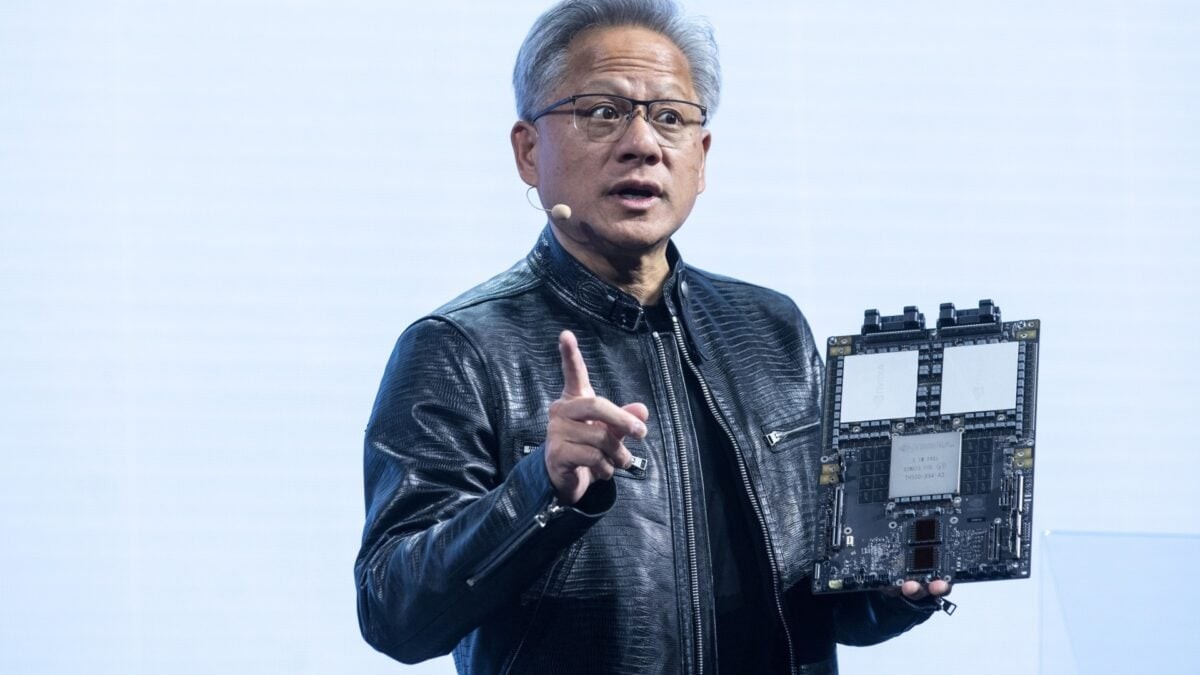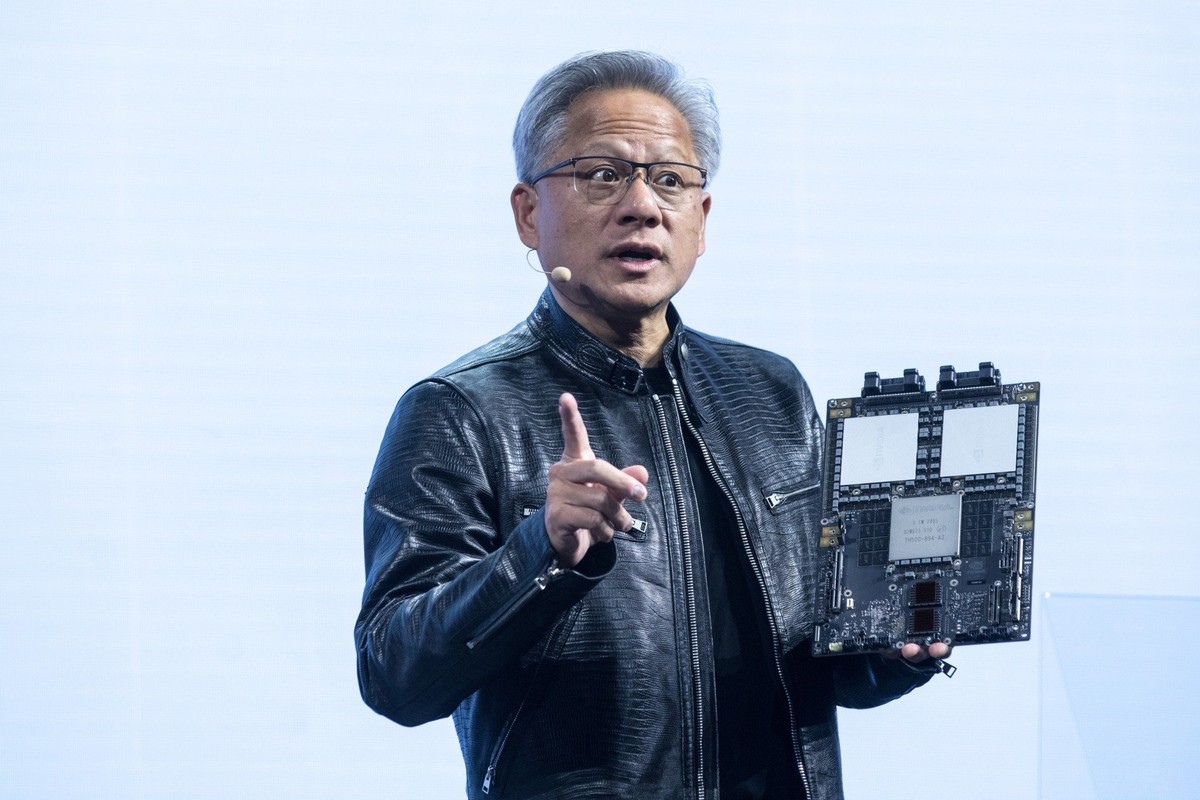China Will Win the AI Race, Nvidia CEO Warns, as the U.S. Falls Behind on Energy
The chief executive of Nvidia, the AI darling, has a sharp prediction about who will dominate the global AI market. "China is going to win the AI race," Jensen Huang told the Financial Times on Wednesday. The reason, according to Huang, is U.S. regulation, specifically new state-level AI rules that he claims could result in "50 new regulations." But the U.S. has no federal AI regulation, and Trump’s AI Action Plan is focused on deregulation. In the absence of federal oversight, some states, like California, have taken matters into their own hands. Meanwhile, China introduced its first national AI regulation in 2023 and recently started enacting new labeling rules for AI-generated content. In other words, it’s hard to say what Huang is talking about.

In This Article:
Regulatory Clash: Huang Blames U.S. State Rules for Possible 50 New Regulations
Huang, like many others in the AI industry, also worries about energy. AI has a monstrous energy demand, one that has caused strain on local communities where data centers are placed, and many fear that one of the major potential bottlenecks to AI progress could be the supply of power. Huang has been courting the Department of Energy, likely for this reason. Last week, Nvidia announced that it will build seven giant AI supercomputers for the Department. Following the announcement, Huang declared that he is "so grateful that President Trump is pro-energy," adding that it is the way "to win the AI race or to win any industrial race." But according to Huang’s latest comments, Trump’s current energy stance might still not be enough for Nvidia.

Subsidies, Grids and the Renewable Surge Fueling China’s AI Push
One of the reasons why Huang believes China will beat the U.S. in the AI game is because of Chinese energy subsidies for data centers, which have reportedly boosted China’s already booming domestic chip industry. "Power is free," Huang told the FT. According to a recent report by the Financial Times, China’s increased subsidies have helped the country’s data centers cut energy bills by up to half. Only data centers that use domestic chips are qualified for the subsidies, according to the report. China can provide the energy subsidies because it boasts a power grid that is much larger and much more efficient than that of the United States. According to experts, the Chinese grid is more than ready for AI growth. Much of that is thanks to China’s aggressive embrace of renewable energy. In May 2025, China installed enough wind turbines and solar panels to generate as much electricity as the entire nation of Poland. In 2024, China’s wind and solar power projects accounted for more than half of the global increase.

Trump-Xi Meeting and Nvidia’s Delicate Balancing Act
Meanwhile, stateside, the Trump administration has been waging a war on clean energy. In an effort to “drill, baby drill,” the administration has killed billions of dollars in clean energy projects and waged a nonsensical war against wind power. Huang’s comments came a week after Trump met with his Chinese counterpart, Xi Jinping, in South Korea. Ahead of the meeting, Huang said that he would be flying out to South Korea to meet the President very soon, but did not specify whether he would join the meeting between the two world leaders. Trump, on his flight over to South Korea, insinuated that he would be discussing the sale of Nvidia’s Blackwell model chips to China in the meeting. But come Thursday’s meeting, Trump told reporters that Nvidia’s ability to sell Blackwell chips to China did not come up. Then, on Tuesday, White House spokeswoman Karoline Leavitt said that the Trump administration was not interested in selling the chips to China at this time, putting an end to the speculation for now.

A Fragile Edge: Nvidia Between Beijing’s Decoupling Push and U.S. Support
Huang is towing a delicate line between the two countries. As an American company, Nvidia needs the Trump administration’s support to continue its meteoric rise to success, which helped the company become the first to reach $5 trillion market value last week. But on the other hand, China is (or at least used to be) one of the AI giant’s most significant markets, as Nvidia chips had a total chokehold on the Chinese chip market. With Beijing pushing to decouple its AI industry from American tech, the future of that dominance is uncertain.


